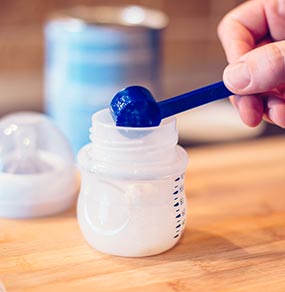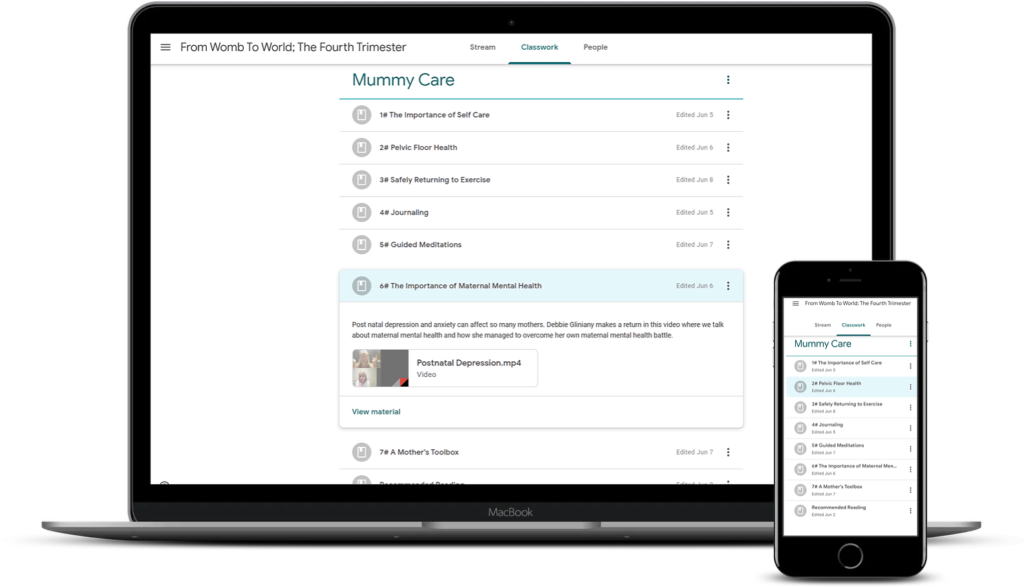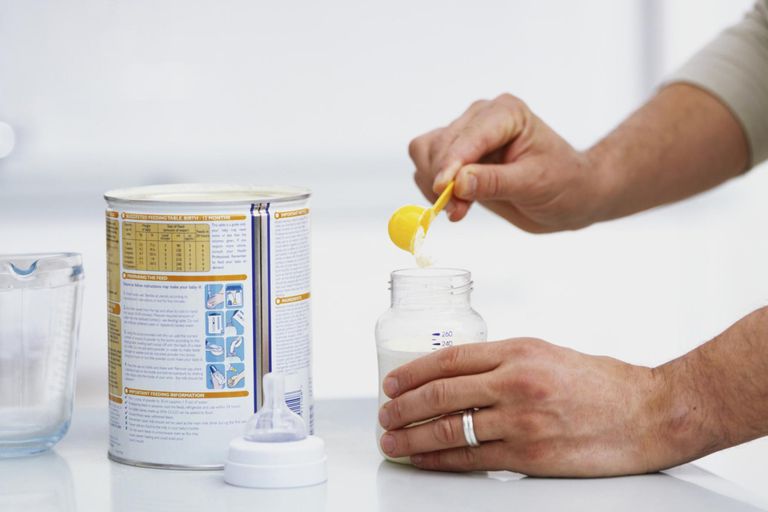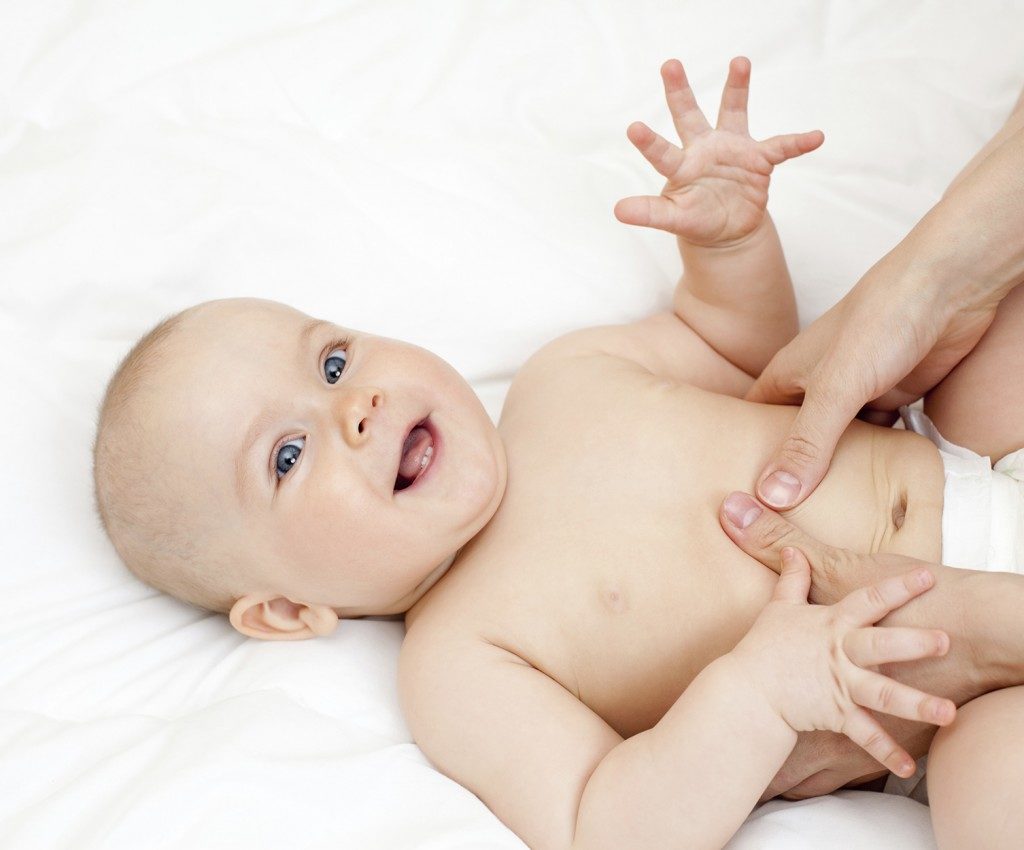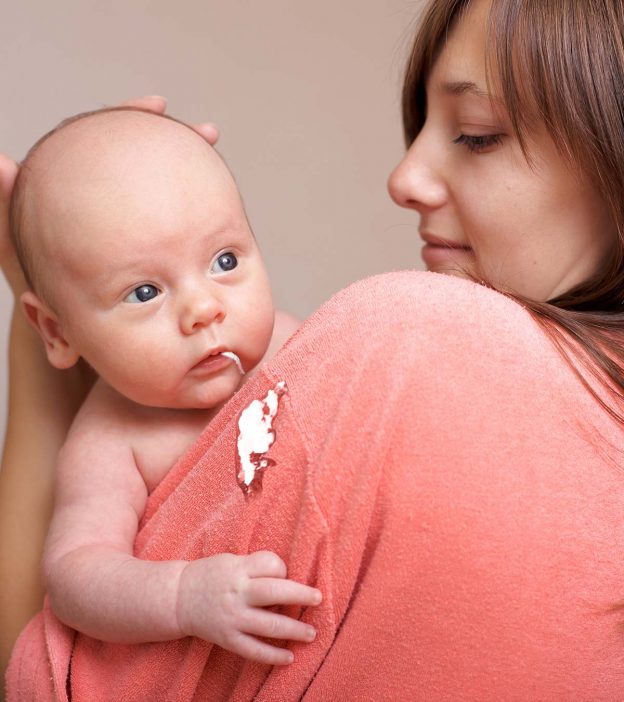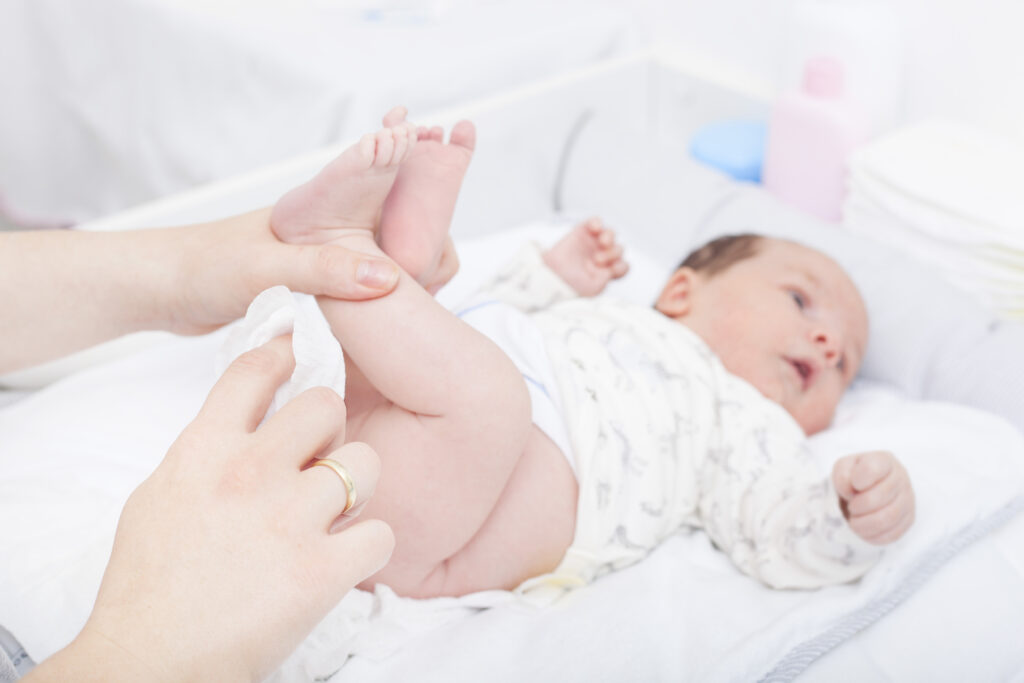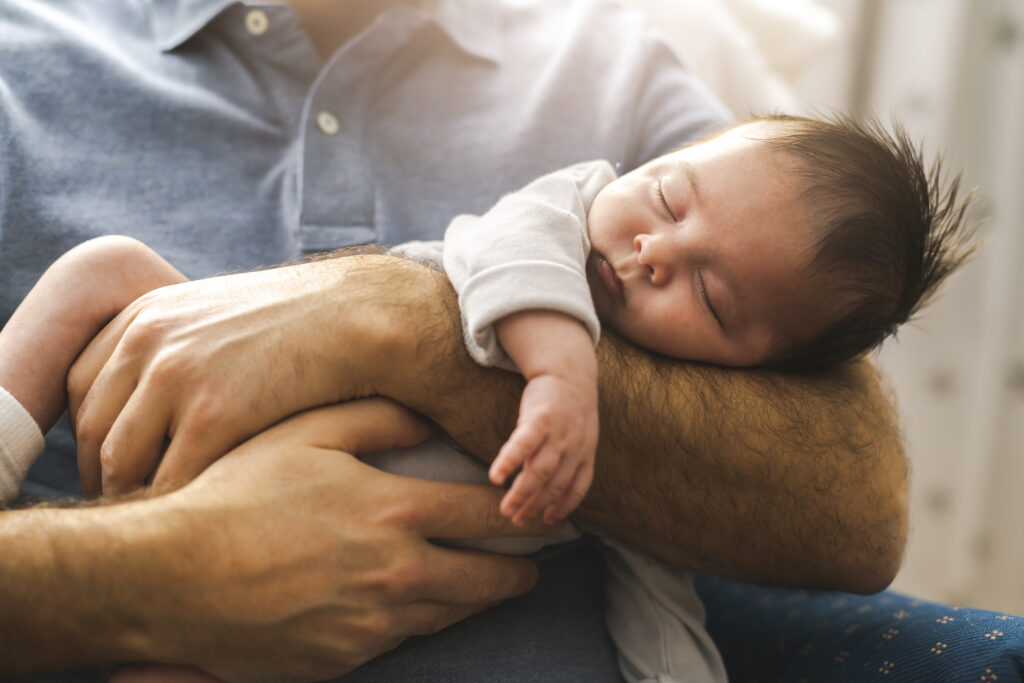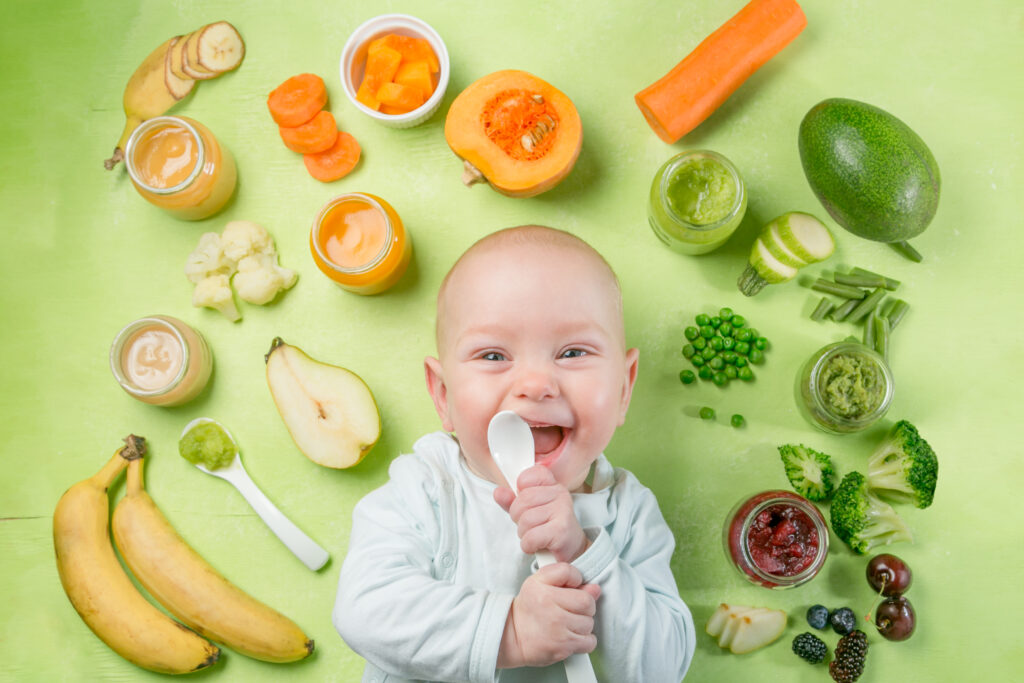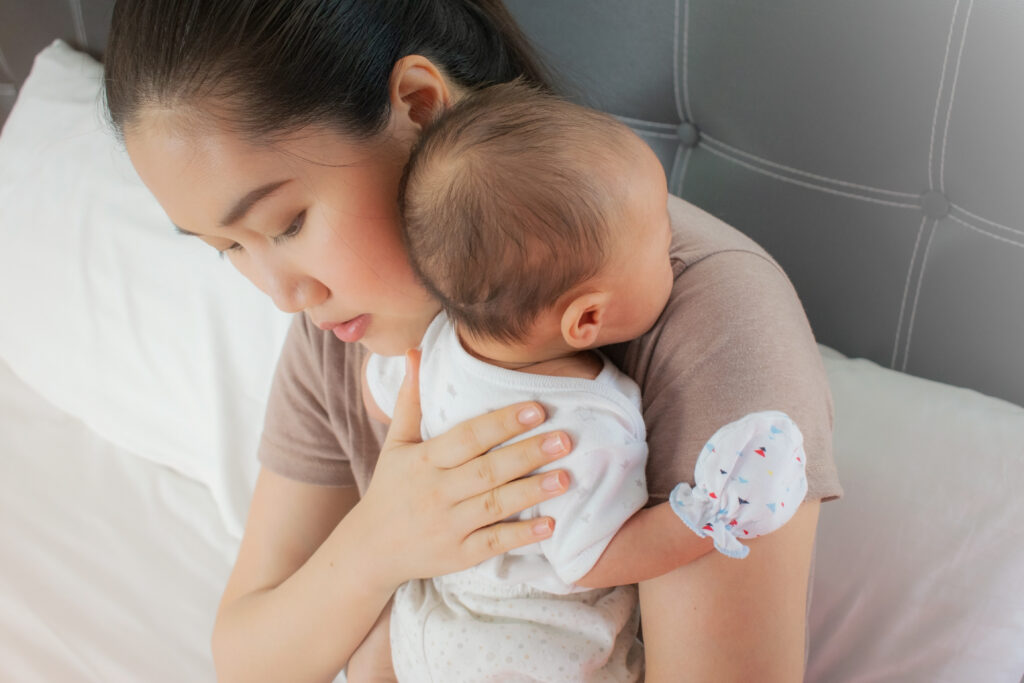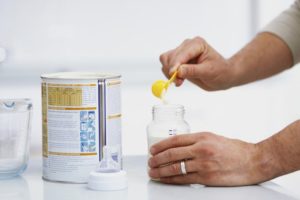To shake or not shake is the big question. Should you shake the bottle when preparing your baby’s formula? My advice would do not shake the bottle and here’s why….
Air Bubbles
When you shake your baby’s bottle when preparing formula you add air bubbles and this can then be swallowed by your baby. When baby’s swallow air bubbles they sit in the tummy and cause colic symptoms such as bloated or hard tummy, gurgling, flatulence and tummy ache.
Preventing Air Bubbles
To prevent air bubbles in your baby’s formula you can gently swirl the bottle or you can use a sterilised spoon to mix the formula in to the water. This will prevent air bubbles being created.
Anti-Colic Bottles
There are anti-colic bottles on the market that can help minimise air bubbles in the bottle. The most popular are Mam, Dr Browns and Tommee Tippee that are designed to trap air bubbles so that your baby does not swallow the air. However, prevention is key by not shaking the bottle in the first place.
Formula Preparation Machines
You now know not to shake the bottle but what about formula preparation machines such as the Perfect Prep Machine. It’s undeniable that they make life easier but could they be adding air bubbles into the bottle? They can add in air when the hot shot of water is added so take a look at the bottle before giving it to your baby and see if it is either foamy or if you can see air bubbles. Sometimes it is a case of trail and error so you may want to try making some up by hand using the swirling/stirring method and compare with using the machine. It’s a good idea to keep a note about your baby’s symptoms.
Winding Baby
It’s likely that some air will be present in the bottle, even with an anti-colic bottle so it’s very important to wind your baby during and after each feed. You’ll find a great winding demonstration on my YouTube channel. You can read more information on easing trapped wind and ways of helping your baby.
Gas Drops
You will have seen plenty of gas drops available in the supermarket and the pharmacy such as Infacol, Dentinox, Gripe Water and Colic Calm. Each have a different way of working with baby’s gut to help eliminate trapped wind. Have a read of the different articles for more information on how each one works. However, I always think that prevention is better than the cure. Remember, good formula preparation, do not shake the bottle and burp your baby to get rid of any air swallowed.

